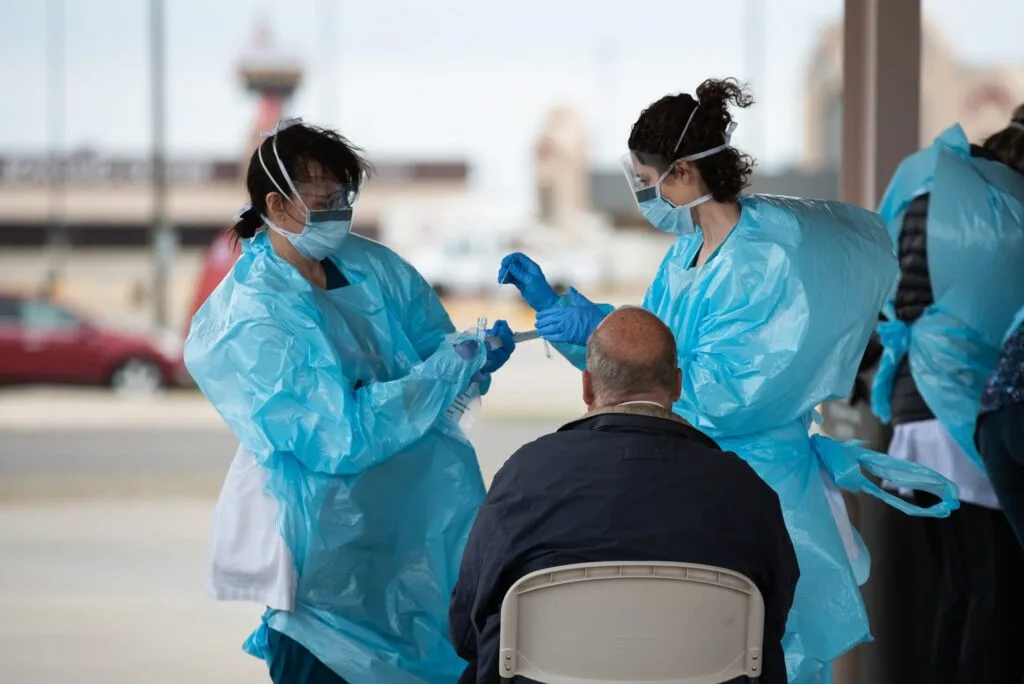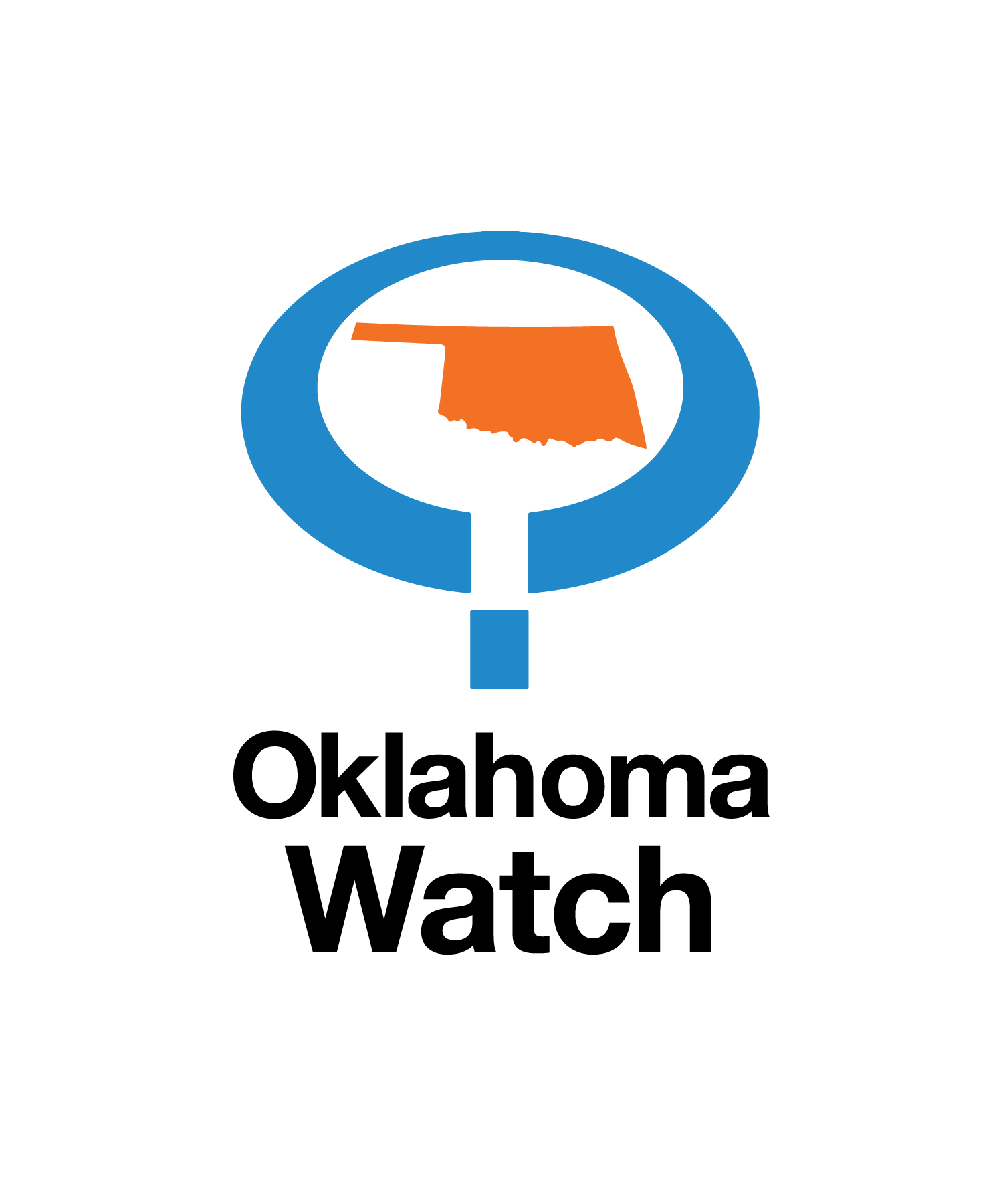Testing: Are Long Waits for Tests and Results Over?

April 5, 2020
Share
Fourteen days. That’s how long Heather Campbell, of Davis, waited for an answer on whether her persistent fever, cough and shortness of breath were due to coronavirus.
It started with a dry cough on March 19. Without a diagnosis, her employer wanted her to continue working, so she did, clocking in regularly at a hardware store.
As the week wore on, the illness spread to three of her children and her husband. On the 22nd, she took the Centers for Disease Control and Prevention’s COVID-19 questionnaire, which told her to call the emergency room. The ER said she didn’t qualify for a test.
On the 25th, struggling to breathe, she went to her primary physician, who ruled out flu, strep, bronchitis and pneumonia. The doctor wanted to test her for COVID-19, but again, the ER said no.
Finally, 10 days after she first fell ill, she drove an hour to another clinic and received a test.
“If you feel sick, if you have symptoms, tests should be available to where you can have that peace of mind, and let the people you have been around know,” she said.
Oklahoma, like the rest of the U.S., is scrambling to catch up to the need to test people for COVID-19, the disease caused by the novel coronavirus. The state’s first case was reported March 17, but until this week, only vulnerable populations and critically ill patients were being tested, based on strict guidelines from the U.S. Centers for Disease Control.
Continue reading on Oklahoma Watch.
This story is part of a collaboration with Oklahoma Watch through FRONTLINE’s Local Journalism Initiative, which is funded by the John S. and James L. Knight Foundation and the Corporation for Public Broadcasting.
Latest Documentaries
Explore
Policies
Teacher Center
Funding for FRONTLINE is provided through the support of PBS viewers and by the Corporation for Public Broadcasting, with major support from Ford Foundation. Additional funding is provided the Abrams Foundation, Park Foundation, John D. and Catherine T. MacArthur Foundation, Heising-Simons Foundation, and the FRONTLINE Trust, with major support from Jon and Jo Ann Hagler on behalf of the Jon L. Hagler Foundation, and additional support from Koo and Patricia Yuen. FRONTLINE is a registered trademark of WGBH Educational Foundation. Web Site Copyright ©1995-2025 WGBH Educational Foundation. PBS is a 501(c)(3) not-for-profit organization.




















